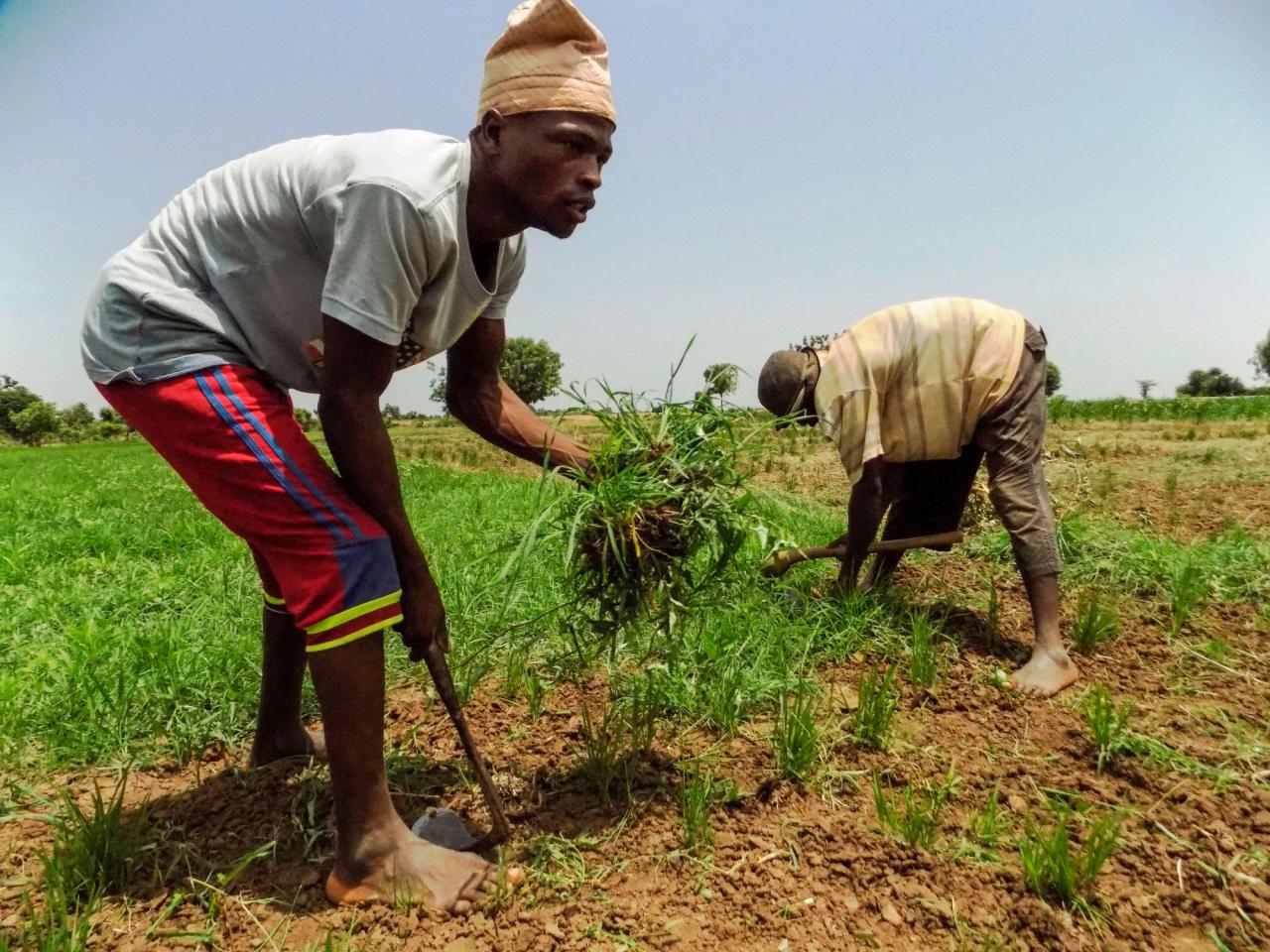Nigeria’s food import bill has been rising at an alarming rate, posing a significant challenge to the country’s food security and economic stability. Some key points:
- Nigeria’s food and beverage import bill increased by 30% from ₦1.21 trillion in Q4 2023 to ₦1.59 trillion in Q1 2024, representing a 115% increase compared to Q1 2023.[3]
- Imports of primary food and beverages for household consumption rose from ₦122 billion in Q1 2023 to ₦186.6 billion in Q1 2024, while imports for industries increased from ₦252 billion to ₦540 billion over the same period.[3]
- Processed food and beverage imports also surged, rising from ₦365 billion in Q1 2023 to ₦865 billion in Q1 2024, with a 120.6% increase in imports for industries.[3]
- Nigeria’s total import bill stood at ₦12.64 trillion in Q1 2024, with agricultural goods accounting for ₦920.54 billion or 7.28% of total imports.[4]
- The rising food import dependency is driven by factors such as low agricultural yields, inadequate infrastructure, insecurity, and climate change, which have hindered progress in the domestic agricultural sector.[1][2][5]
The high food import bill is a major concern for Nigeria’s economy and efforts are needed to boost local food production and reduce the country’s reliance on imports.
Citations:
[1] https://punchng.com/food-imports-hit-n3tn-over-flooding-insecurity-cbn/
[2] https://ecsenet.com/index.php/2576-6740/article/download/16/16
[3] https://nairametrics.com/2024/06/09/nigerias-food-and-beverage-import-bill-rises-by-30-to-n1-59-trillion-in-q1/
[4] https://punchng.com/fuel-foods-lead-as-imports-hit-n12tn/
[5] https://articlegateway.com/index.php/JABE/article/download/5862/5559/10779

